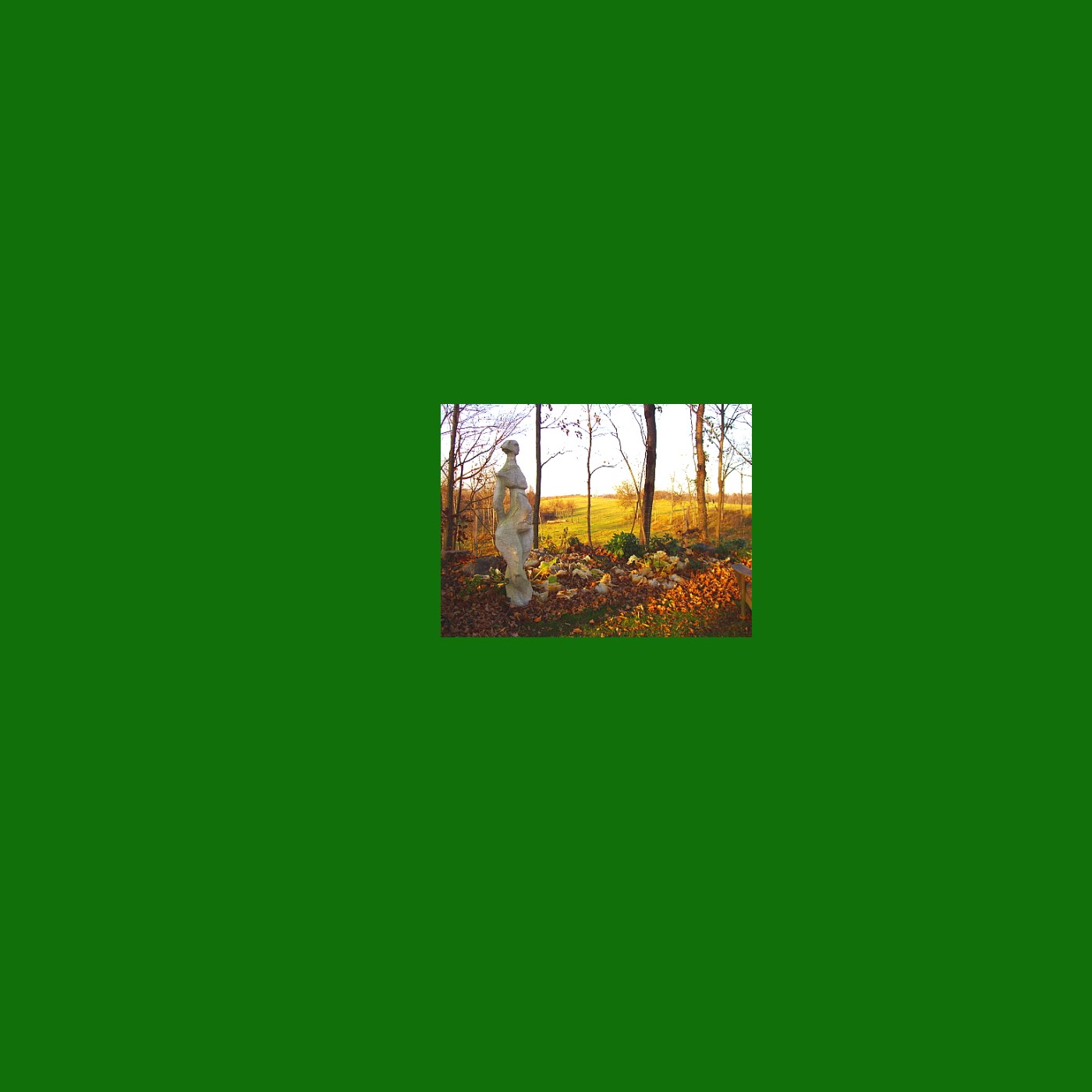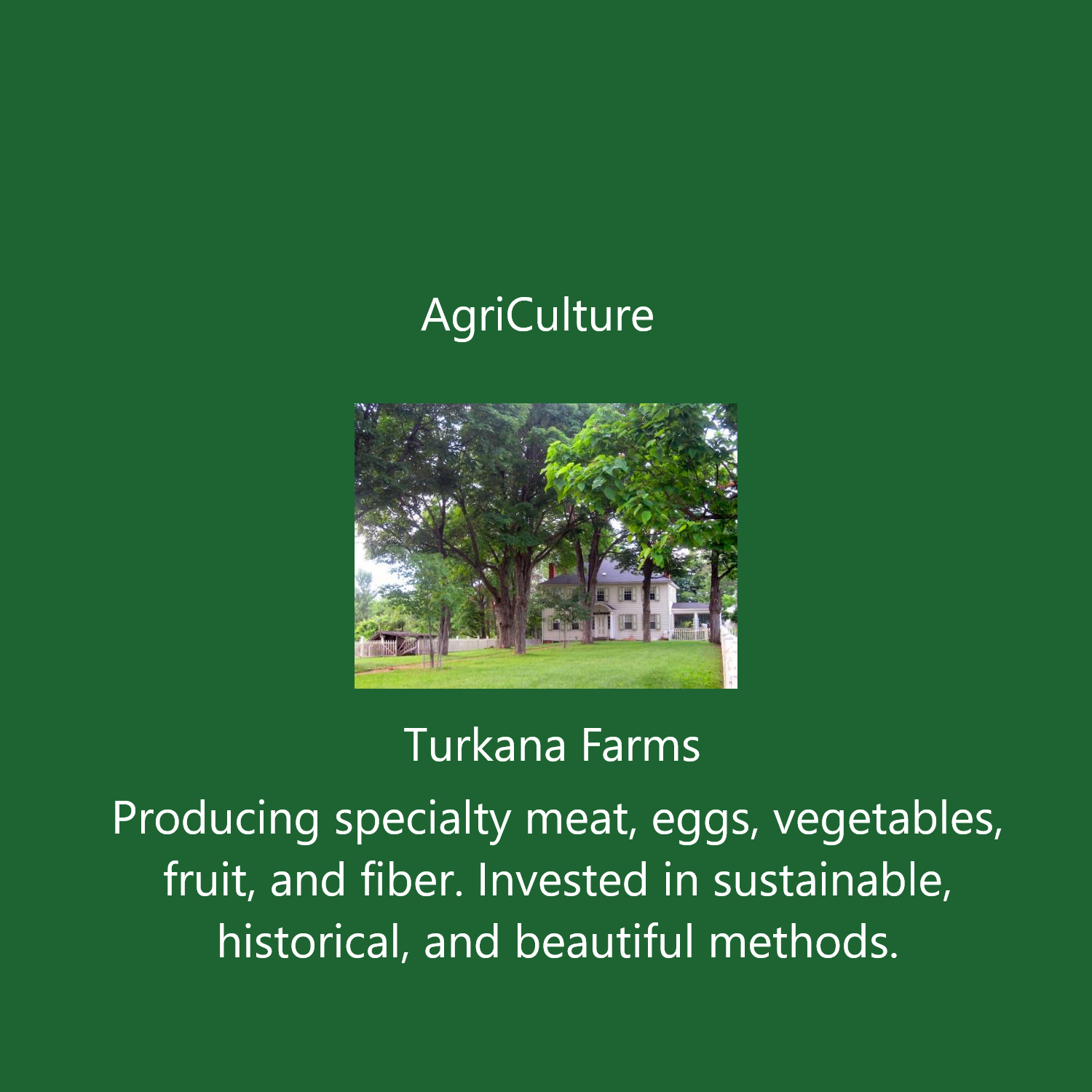
Victoria Cox / Turkana Farms

Welcome to November! Does it feel impossible that it’s here already? I’m starting to wonder if the reason I’m feeling so dislodged in time is that I no longer have daily tasks to do in the garden. For all of Spring and Summer, I could count on their steady, insistent pulse to pull me along from day to day… like a different sort of biological clock. Given our short growing window in agricultural zone 5a, I mapped out a stacked weekly schedule dictating when plants needed to be in the ground, and weather dictated the rest. Now that we’ve harvested everything except a few hardy winter greens and a scattering of pumpkins, now that the Fall garlic is in the ground and the perennial beds have been mulched, this pressure is suddenly off. The clock has wound down, and now what’s left are the amorphous jobs of planning and dreaming about what next season will look like. Of course, there is one project that bridges all of these: It’s seed saving season.
Oddly, I feel pretty ambivalent about saving seeds for my favorite crops. If I’m being honest, large-scale seed farms are much better equipped than I am for the tasks of harvesting, sorting, fermenting, sifting, and drying the seeds of our standby squash, tomatoes, cucumbers and peppers. Their scale means they can achieve both greater seed diversity and consistency within a cultivar, and they have the specialized machinery that makes the job run smoothly. Plus, have you ever smelled a bucket of overripe cucumbers fermenting to free the seeds from their flesh? It’s not awesome!
Other crops, like many lettuce and herb varietals, have such tiny, delicate seeds that they’re incredibly difficult to capture before they drop. Sometimes this works in our favor, as with the bumper crop of volunteer dill that happily sprang up all over the west end of the garden this year. Other times, with crops like lavender or rosemary, the seeds have such particular needs that I’ve had better luck propagating from cuttings or buying whole plants.
I also can’t ignore the sheer pleasure of buying seed. In the dead of winter, pulling out a stack of seed catalogs makes me feel like a kid before Christmas. The possibilities seem endless! And our favorite distributors–The illustrious Fedco, local darlings at Hudson Valley Seed Co., my friends from Asheville at Sow True Seed–are always presenting new delights and possibilities. When I look at their cornucopia of offerings, the idea of doing all the work that they’re so adept at by myself seems nearly futile, almost like clipping coupons. It’s frugal, sure, but are the savings worth the time and effort they require?
But for some really special plants, the answer is still certainly “yes”. This year I got a handful of Tennessee Dancing Gourd seeds from the Morton Rhinecliff Library seed swap, planted three plants, and harvested nearly a hundred tiny, beautiful gourds, striated green and brown, that spin like a top and are the perfect size for a child’s pocket. I brought a basket of them to the preschool where I’m now a co-teacher, and they’re a hot commodity for filling the backs of toy dump trucks, a value I never would have anticipated when I first planted them. I’m keeping their seeds, and plan to sow them as a decorative climbing vine. If the plant is weird enough or remote enough, like the Turkish Pole Beans that have grown here for years, it’s far easier to just leave behind a few overgrown pods than to try and find a new seed source. At the moment I’ve got a messy row of trays and bowls spread out on the counter, meticulously labeled and filled with four varieties of drying beans and heaps of radish seeds. Once I’m not constantly racing the clock, there’s no reason not to.
I recently read Miraculous Abundance by Perrine and Charles Hervé-Gruyer, in which a farmer described himself as not a grower of plants, but “a servant of worms”. If our goal is to prioritize soil health, and the health of the microorganisms and insects that build and inhabit it, then saving seed can help here as well. Exposed soil loses much of its vitality to evaporation and erosion, and any sort of cover crop we can provide will protect the soil underneath, shielding the earth and slowly dissipating into insect food. For many crops, letting them go to seed means keeping them in the ground far longer than we would typically, but if we don’t have anything else to fill the space, it’s worth it to leave the remnants of what came before as a shield against the elements. This isn’t a metaphor, it’s just practical stewardship. As tight as my planting schedule may be, I don’t throw anything away if I don’t have to. This is part of the process.
There is a final factor that moves me, maybe more than any other, when I’m trying to decide what seeds to save. That is, is it delightful? We didn’t have a good year for Red Swan beans, with rabbits constantly decimating their shoots as soon as pods emerged, but the beans themselves are so lovely, and the climbing vines and red flowers so attractive, I couldn’t help but save all the ones we had left. Next year I’ll try more rabbit deterrents, a later planting date, and more soil amendments. At the very least, I’ve selected for the ones that held out against all odds. Holding a firm, dark bean in my hand, knowing where it came from and the potential it holds for next year, seems like a sort of tangible wish. If it’s made it this far, it’s worth it to me.
WHAT’S NEW THIS WEEK:
The Tennessee Dancing Gourds are great for a lot of things! 4 for $1
Fall Kale is going strong! $2.50/bunch
Sorry, no Turkeys will be available this year. Look here again next year for your favorite heritage breeds.
WHAT’S AVAILABLE THIS WEEK
Raspberries, sorry, season is over
Peppers – season is over
Tiny hot matchbox peppers, $5.00 a string, dried and quite decorative.
Oasis turnips seconds, $1/bunch
Rainbow Chard – $3/bunch
Leeks – done for the season
Honey nut squash, $2/each
Kale $2.50/bunch, two different varieties, deep blue green straight leaf (Lacinato) and curly.
Sorrel, done for the season
Mint, done for the season
EGGS: $5/doz
Decorative Tennessee Dancing Gourds, 4 for $1
MEATS: We keep some on hand, but it helps to order ahead in case we need to retrieve from our stash in the big commercial freezer
GEESE: One remaining, about 8.5 lbs. $10/lb.
ROASTING CHICKENS – Nice fat Freedom Rangers, frozen, largish (4 to 7 lbs, a few smaller), $6/lb.
LAMB: Riblets $8/lb, small and larger leg roasts $14/lb,
PORK: Loin pork chops, $12/lb (2 to a pack, btwn 1 and 1.5 lbs), Jowl (roughly 2 to 3 lbs each), $12/lb,
Spare ribs and country ribs $7/lb
baby back ribs $8/lb
fresh ham roasts (2 to 3 lbs), $12/lb
picnic or Boston butt roasts (roughly 2 lbs) SOLD OUT
smoked bacon, $12/lb
Kielbasa $8/lb
FARM PICKUPS:
Email us your order at [email protected], and let us know when you’d like to pick up your order. It will be put out for you on the side screened porch of the farmhouse (110 Lasher Ave., Germantown) in a bag. You can leave cash or a check in the now famous pineapple on the porch table. Regular pickup times are Saturday and Sunday from 11 a.m. to 1 p.m. and 4 p.m. to 5 p.m., other days by arrangement. If you have questions, don’t hesitate to call at 518-537-3815 or email.

Atop the rock garden, a great spot to survey the land World's Biggest Etch-a-Sketch This week the polar vortex blessed us with another half-foot...

The farm feels like the world in microcosm. The world has Vladimir Putin. The barn has a half-castrated ram (the result of poor testicle-banding...

TURKANA FARMS, LLCGreen E-Market Bulletin August 29, 2024Orhan and Lale, hanging in the barn photo by Mark ScherzerGetting the MessageHi all, Mark here.From time...